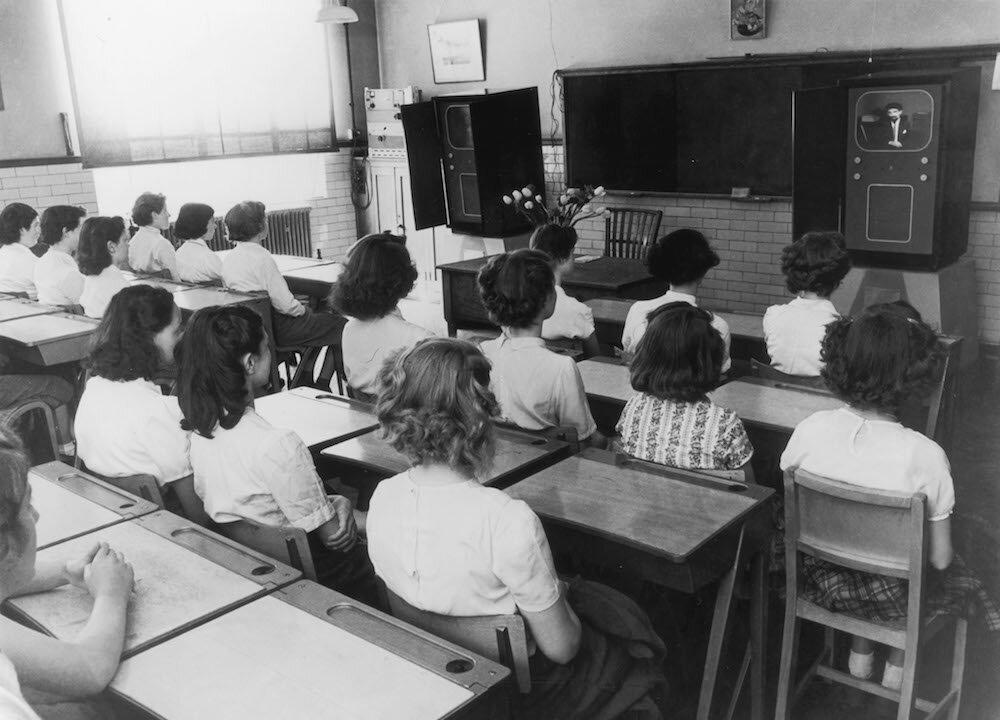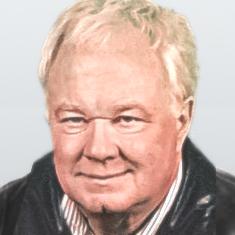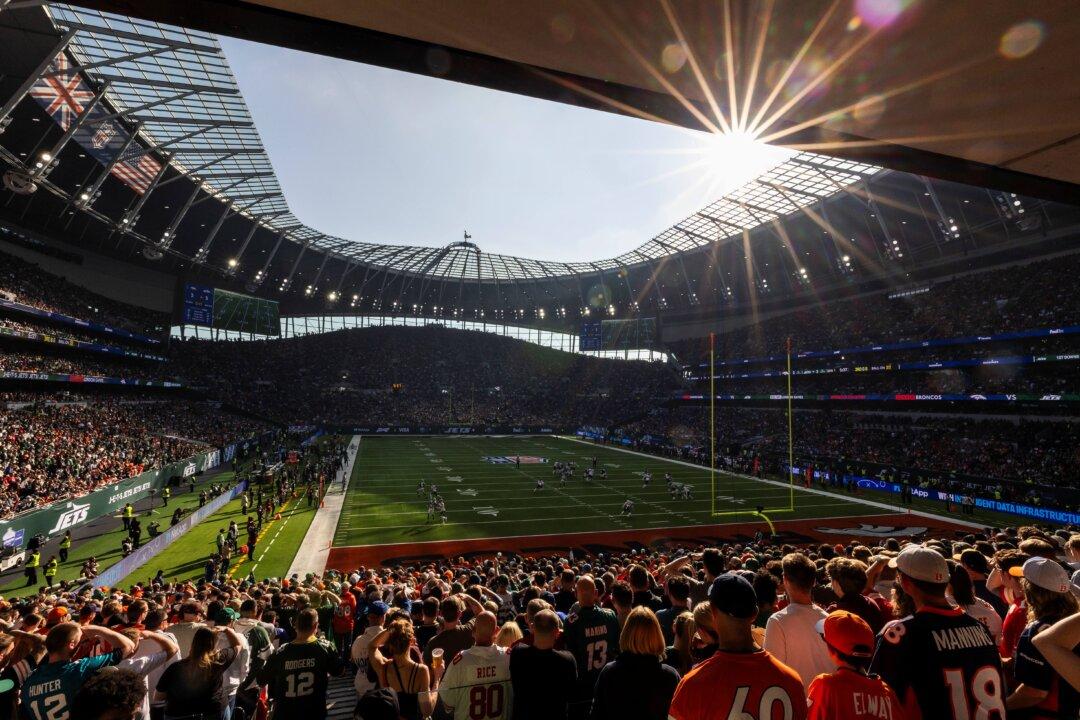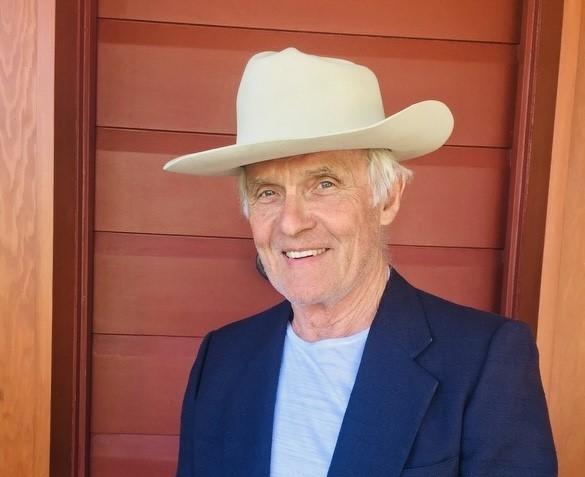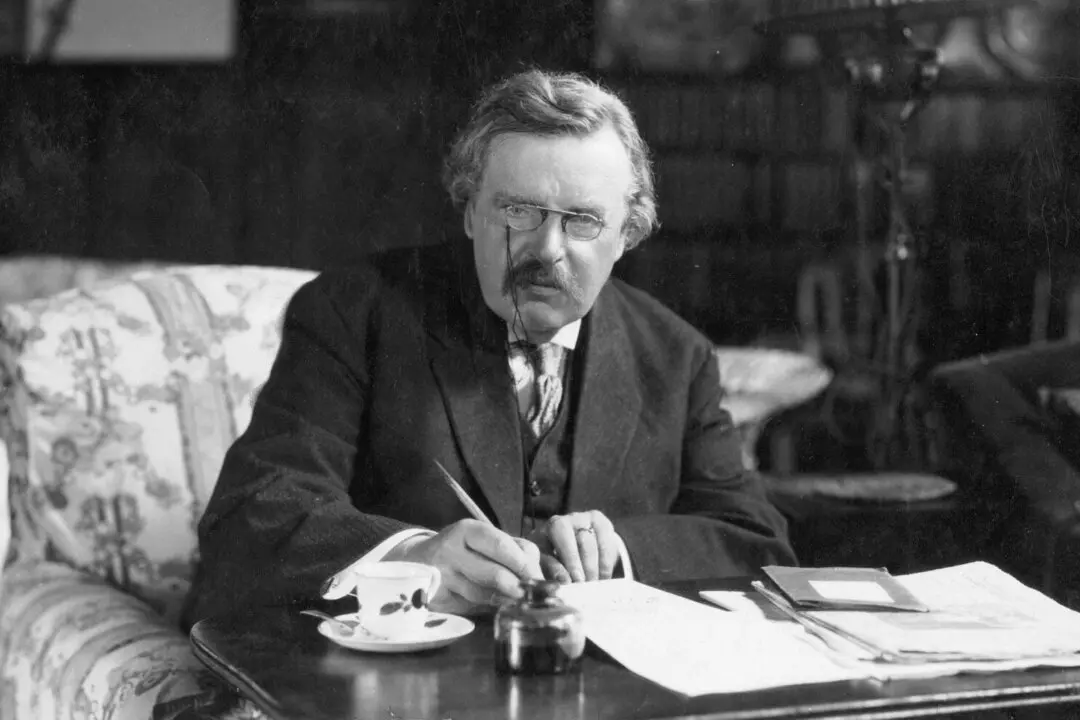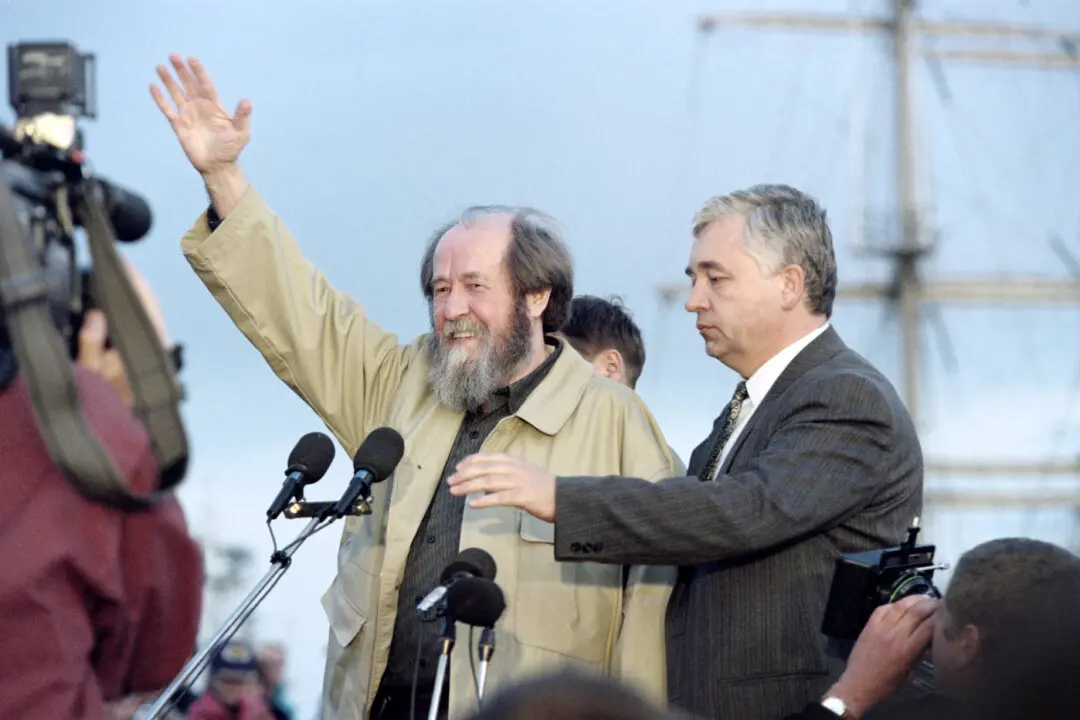Commentary
Last year, I wrote an Epoch Times feature titled “From Western Traditions to Political Indoctrination: A Cultural History of Education.” The six-part series covered developments in North American education from faith-based 17th-century schoolhouses to the “woke” indoctrination mills of the 21st century.
